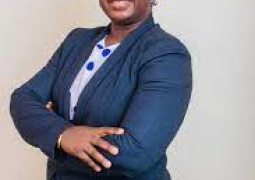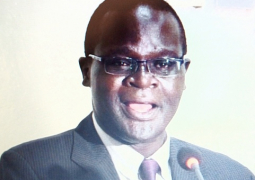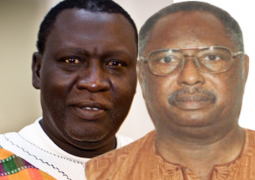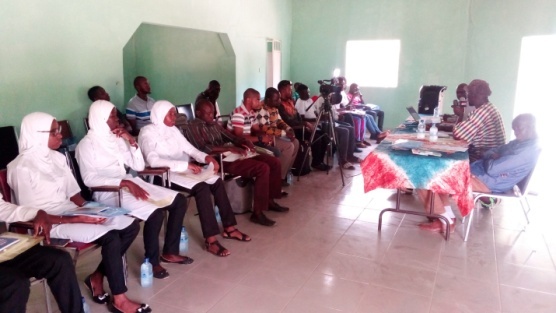
The training was split into two phases and held at the National Museum in Banjul and Kankurang Center, Janjangbureh in Central River Region.
Professor Toby Green of King's College, UK, among others made presentations at the trainings.
The training is aimed at promoting the teaching of history in Gambian schools to assist in the UN SDG’s quality education goal.
Among other things, the history teachers and students were introduced to include a new history reference and resource material in the form of an e-book, titled WASSCE History Textbook, which covers part one of the West African Senior Secondary History Exams syllabus called History of West Africa, developed by historians from The Gambia, Ghana, UK, USA, Sierra Leone and Nigeria.
The e-book was digitised and distributed to the participating teachers through flash drives. Another 3000 flash drives would be given to students in various Gambian schools. The e-book can be accessed online through www.wasscehistorytextbook.com.
During the training, the lead facilitator Hassoum Ceesay thanked MoBSE and all the participants for attending the training. He as well expressed his sincere gratitude to ASAUK and Professor Toby Green of King’s College for their support and partnership with the centre. He said NCAC has a mandate to promote historical awareness and administer an oral archives and newspaper library which history researchers use.
Professor Green talked about the importance of the E-Book, as he led participants down memory lane and also about the Freetown meeting, which involved a group of Historians from Sub-Saharan Africa and the eventual publication of the E-Book.
After a brief discussion on the significance of the E-Book and role it can play in the teaching of History in Gambian schools, participants highlighted numerous challenges they face in the teaching of history in Gambian schools. These challenges are from source-material, access to textbooks, teaching aids, poor curriculum designing, poor attitude towards history, to less government investment in historical studies.
The Ministry of Basic and Secondary Education was ably represented by the Curriculum Development Directorate which gave a good account of current efforts. It is to make sure that history is given the boost it needs as far as curriculum development is concerned.
Among suggestions made by Gambian history teachers included review of history textbooks currently in use to bring consistency in history facts and methods; frequent meeting of history teachers through staff development workshops at school level; history championships to engender interest among children; making history a core subject in schools and to encourage the study of history to enable entrepreneurship and job creation, while building patriotism and also strengthen self-identity among students and citizens.
They also suggested the need for development of digital infrastructure in schools to enable students and teachers to harness digital technology to study history via internet and social media.
Read Other Articles In Headlines
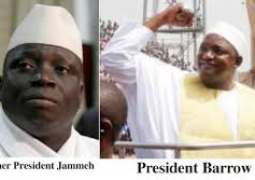
RSF urges Barrow to request extradition of Jammeh on crime against journalists
Aug 31, 2021, 12:49 PM
